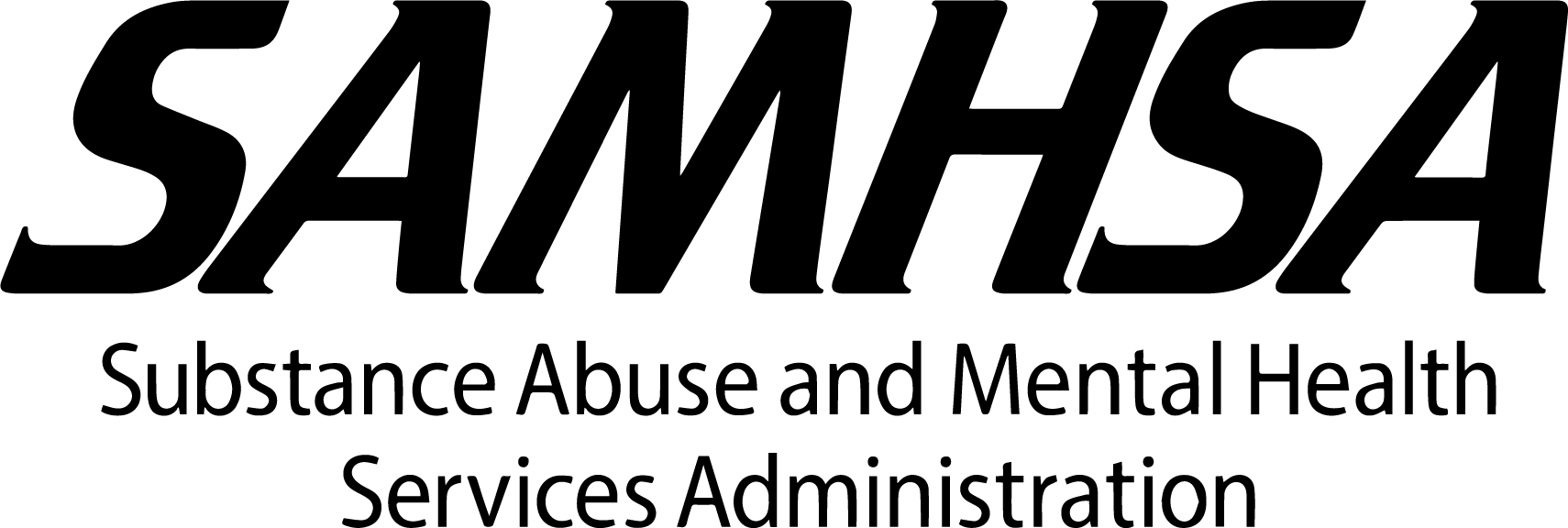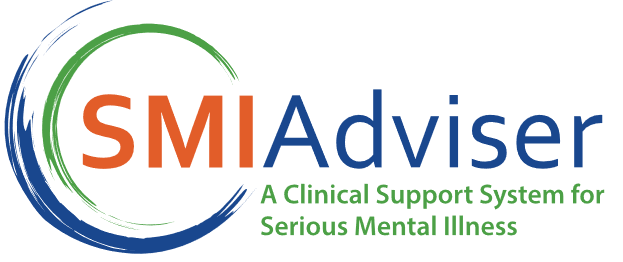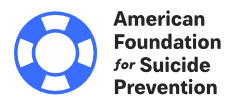Home > Resources on COVID-19 for the Behavioral Health Workforce

SAMHSA offers a number of resources at samhsa.gov/coronavirus including:
In response to the Novel Coronavirus Disease (COVID-19) pandemic, SAMHSA is providing updates to its resources regarding medication-assisted treatment (MAT), including opioid treatment programs (OTPs) for substance use disorders.


The MHTTC has created 6 specialty pages; each page includes MHTTC events and products, as well as a curated resource list.
In addition, the MHTTC network has developed these resources:



Developed by the APA Work Group on Telepsychiatry, this toolkit is an evolving resource for members who want to learn about the various aspects of telepsychiatry, including clinical, training, and policy considerations. As new topics emerge, more resources and information will be added to this toolkit. The toolkit covers topics from history, training, practice/clinical, reimbursement and legal issues from leading psychiatrists.
To provide support in the response to the novel coronavirus (COVID-19), APA is collecting authoritative and timely resources in this information hub.
This briefing note was developed by the Inter Agency Standing Committee Reference Group for Mental Health and Psychosocial Support (MHPSS) in Emergency Settings and summarizes key mental health and psychosocial support considerations in relation to the 2019 novel coronavirus (COVID-19) outbreak. Contents:
![]()
The National Indian Health Board is leading a national effort to advocate and secure resources for Tribes to respond to COVID-19. NIHB seeks to ensure that the Tribes remain informed on COVID 19, have the resources and assistance needed to respond to the pandemic, and that the Congress and Administration understand and address Tribal needs and priorities.

To help support the mental health community during the COVID-19 crisis, SMI Adviser provides timely and authoritative resources, education, consultation, tools and more. Let SMI Adviser help you navigate this evolving situation. This page offers guidance on how to support your patients and practice.
Submit any questions you have about COVID-19 and bipolar disorder, major recurrent depression, and schizophrenia. Within one business day, receive free, confidential evidence-based answers from a team of national experts in SMI.
A free online database containing evidence-based answers and resources on COVID-19 and serious mental illness (SMI), researched and vetted by clinical experts from SMI Adviser.
This free, on-demand webinar is timely and valuable overview on the latest developments, guidelines and best practices in telehealth during the COVID-19 era. This activity does not offer continuing education credit, only a certificate of participation.
This handout is for clients and patients who are transitioning to telehealth appointments.

This blog post from the American Foundation for Suicide Prevention (AFSP) provides five suggestions for coping with the uncertainty due to COVID-19.
The Suicide Prevention Resource Center (SPRC) has compiled a selection of web pages and information sheets on mental health and coping with the effects of COVID-19. These resources are a selection from key organizations in the field. This collection will be updated as new resources become available.
Promote Social Connectedness and Support. Social support and connection are key protective factors against suicide. Positive and supportive social relationships and community connections can help buffer the effects of risk factors in people’s lives. Programs and practices that promote social connectedness and support are one element of a comprehensive approach to suicide prevention.


The U.S. Interagency Council on Homelessness has compiled a page of resources from federal, local, and non-profit organizations aimed at homeless service providers.
HUD provides a variety of resources, including resources from HUD’s Office of Special Needs Assistance Programs (SNAPS) and their federal, state, and local partners. SNAPS posts daily updates highlighting new COVID-19 prevention and response resources targeted to homeless providers at this page.
The National Health Care for the Homeless Council has gathered a list of COVID-19 resources and is hosting town halls on April 3, April 10, and April 17. Learn more and register for the town halls specifically here.
The Corporation for Supportive Housing hosts a weekly webinar series and online community, as well as a collection of resources.

The Boys Town National Hotline (800-448-3000) is open 24 hours a day, 365 days a year, and is staffed by specially trained Boys Town counselors. This free service is accredited by the American Association of Suicidology (AAS). Spanish-speaking counselors and translation services for more than 100 languages also are available 24 hours a day. The speech- and hearing-impaired can send email to [email protected].
Six strategies for school teams to ensure a safe, predictable, and positive school year after disruptions. These strategies are beneficial for all students if the school has been closed, as well as for individual students returning from extended time away from school.
Specific tips and strategies for how parents can talk to their children about COVID-19.
These resource are being accumulated in the topic areas of General Resources, School Support, Mental Health and Stress Management, Students and Families, and Technology to Support School Mental Health.
Suggestions for parents and care-givers based upon rational thinking about child development and children’s reactions to stressful and changing situations.
Readiness and response advice for families and caregivers, including specific strategies for helping children cope by age.
Resources for Educators, Families, and Administrators.